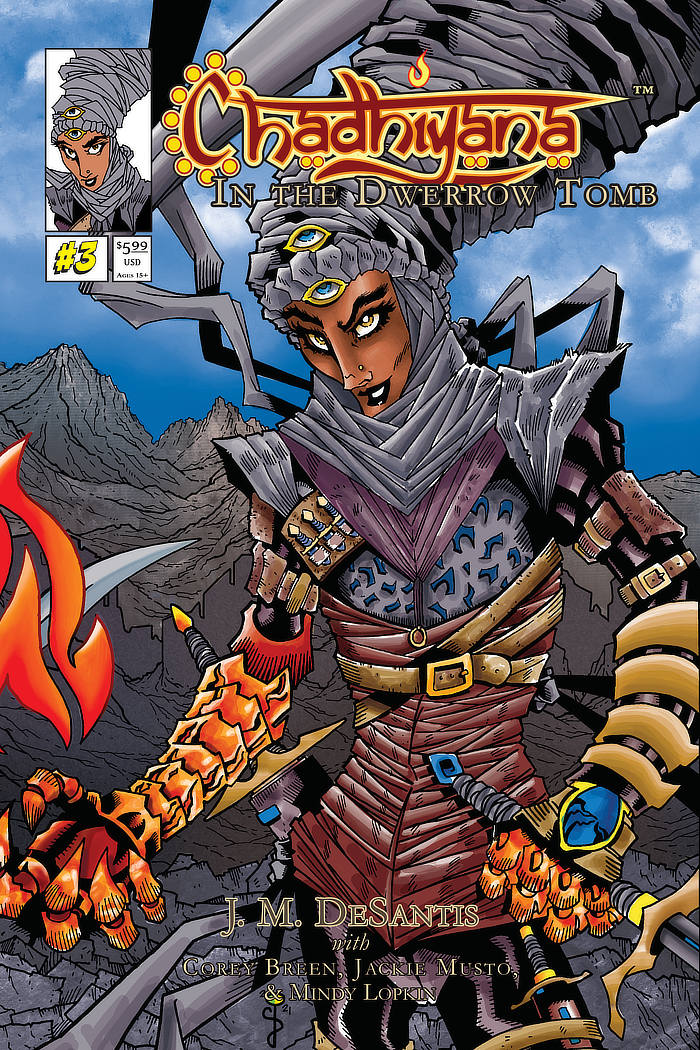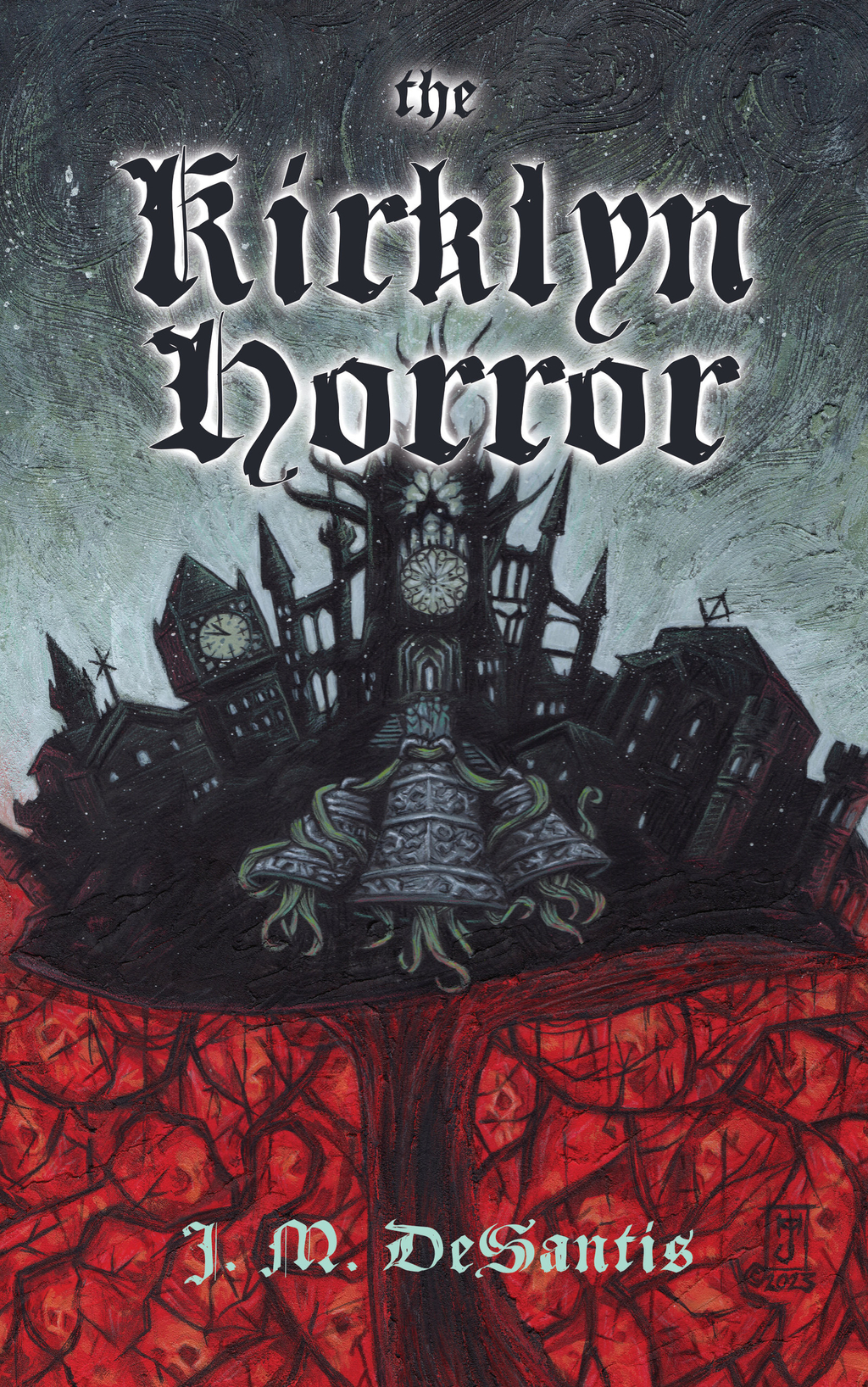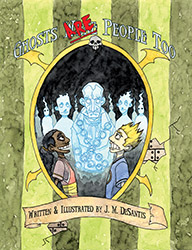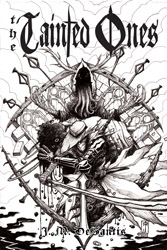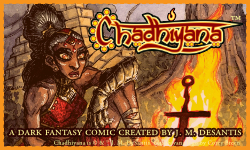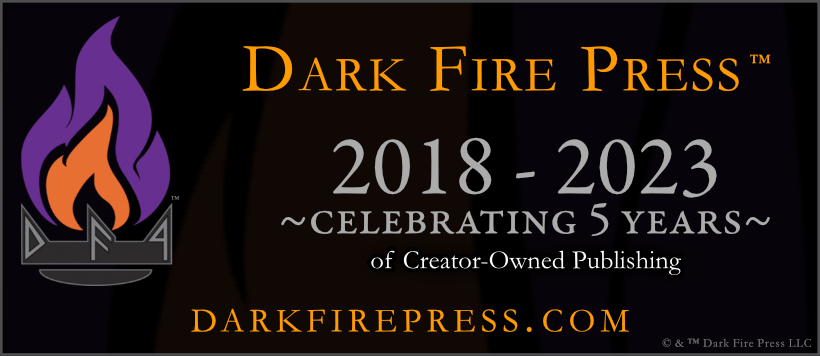Borne from the Soul: The Value of Dark Souls’ Game Play

Yesterday the final DLC for Dark Souls III, The Ringed City became available; however, as I haven’t had the chance to delve into it heavily, instead of a review I offer the final part in the trilogy of writing pieces on what the experience of playing these games offers to everyone but especially creators.
I understand that game play and design is a sort of broad topic to tackle with any game. Though in this particular context I mean as it pertains to the experience Dark Souls and the related titles of the Soulsborne series create. In truth, and with any well designed game, the way you play the game, the way you explore it is as essential to the player experience as the graphics and the story. In the best designed games, game play and design are the story. Because, after all, experience becomes story in the end, does it not?
As the games have a reputation for: Dark Souls, Demon’s Souls and Bloodborne are not easy games. Everything about them makes the player work. As stated last week, the story is delivered to the player in an indirect way, forcing the player to work almost like a detective to figure out their own truths (which in-turn, ties into this topic–as much of the game’s design, such as placement of items, helps flesh out the story). Though storytelling is the less common argument made for these games being difficult (even if Soulsborne lore is widely discussed because of its vagueness).
More to the point of why the games are considered difficult is simply how “difficult” the games are to play–that is, the challenging enemies, bosses, pitfalls and traps throughout the games. The games are seemingly designed to punish the player. It’s the reason I didn’t care for Demon’s Souls when I was first playing it. Though I would argue, once you learn to understand and embrace this aspect of the games, you might think “challenge” a better word than “punish.”
Combat and navigation are puzzles to be worked out no different than the stories of these games. Though the games offer all sorts of different play styles, the fact remains that the player must overcome seemingly insurmountable odds and the only way to do so is to get better at playing the game. Many have said it before me, but dying and failing in these games is how the game teaches you to improve. And so, in this strange way, besides the in-game rewards of souls (blood echoes) and items, the games reward you with a strange sense of accomplishment in overcoming the challenge they offer. And that’s precisely what makes the Soulsborne experience so addicting.
In classic Soulsborne fashion, the very experience of the player mirrors that of the character, blurring the lines (as it were) between the two. Just like the player gets better at playing the game, the character gets stronger. And I don’t mean in the sense of leveling up. Even within the context of the story of these games, your character must get stronger, because only the strongest could possibly survive all of the challenges offered to them and come through to the end. Whether it be the Slayer of Demons who actually was able to cleanse the world of the Demon Fog, the Chosen Undead who journeyed all the way to the First Flame, or the Good Hunter who was able to obtain enough Insight and skill to learn the truth of his Dream, the character itself must be strong enough to endure.
It was this blurred experience that brought me to an interesting conclusion: these challenges gives one the sense of how this would all play out in real life, even the most fantastical elements of the games. Of course, I’m talking about sense, not simulation. Because the Soulsborne games put so much time into development of enemy movesets and how the game plays that the journey and the struggle of it all has a sense of reality to it. And therein lies one of the greatest values for a creator.
Be it a simple enemy or a giant, the games are so well developed and designed and so much thought it put into enemy movesets, one can really get the sense (in three dimensions) how a fantasy world filled with threatening creatures could work. I don’t mean in the literal sense (again, this isn’t simulation), but one gets to experience it all (as it were). The whole thing dawned on me whilst playing Dark Souls II (strangely, as it’s not the best example of what the series has to offer).
My fight with Sinh the Slumbering Dragon was long, arduous and hard won. And in one of the many failed attempts at it, I remember stopping for a moment, watching the dragon swoop into the air once more before coming down, and I thought to myself: this is what it would be like to fight a dragon. One would not charge in, armour gleaming, with some magic sword to do the job in three swift strokes (as other games, books and movies might portray). It would be a battle of wills. It would be a messy, uncertain fight. Only the strong would survive, and the dragon would fight hard.
This applies to all of the physical encounters in these games. Although I don’t have combat experience (in the military sense), I’ve trained in martial arts for years. You can’t (in the midst of a fight) lose your focus for even a moment. You can’t let your guard down. You have to have the unreasonable confidence and will to fight that fight until the end, and that should be your only focus in that moment. You need to watch your opponent, look for openings and seize opportunities as they come, over and over until the fight is done. To do any less or more leaves you vulnerable. The Soulsborne games create this same experience for the player. Focus is key to survival, even when navigating a corridor or walking upon the ruined roof of a castle.
And between this sense of reality (as it were) and the challenges the games offer, they create for the player one other valuable experience: having to persevere. As I’ve continued to write about throughout this series, this is yet another example of art imitating life, and why so many Soulsborne writers and video-bloggers have posited all sorts of theories that the Dark Souls games are metaphors for things such as death, life and even depression (and from my own experiences with all three, I see good arguments on all points). The experiences the games create, the daunting tasks set before the player, mirror the life experiences we all share.
For myself, I’ve noticed the games require the same single-minded focus and determination one must have to achieve a goal. It honestly dawned on me one day whilst playing that I was feeling the same unreasonable determination and strength of will (or a version of it that is–again, sense not simulation) that I experience when working on a creative project. Time, energy and the will to see it through are the three components to completing a creative project or navigating a creative career, in general. Though its true of all goals in life.
You try. You fail. You win. You lose. You rise. You fall. But always, you get back up and continue on, because if you’re going to ultimately succeed, you can’t be one of those people who says “the game is too hard” and puts the controller down for good (or breaks it in frustration).
Now, I understand that particular description brings two questions to mind (which might even be worded the same way): Why bother playing these games? In the first sense, why bother putting yourself through such an arduous experience. Frankly, it’s not. Just like life, you have to enjoy something to want to struggle through it. In the second sense of the question, why bother playing a game which is a metaphor for life instead of simply experiencing life itself. Well, there’s much I could say to that. The need to take breaks, the fact that fictional experiences can enhance our real-life ones, the fact that you can learn things in one area and apply it to another. I mean, to ask that question, you’d have to ask why bother reading this article? Why bother getting on the internet or sitting down to read at all? Why do I bother writing if no one should spend their time in leisure occupation? It’s a slippery slope, my friend. But I digress.
I understand the whole thing gets a bit heady, and yes we are talking about video games, at the end of the day. Though, I’ll go back to one of the initial arguments I made a few weeks ago: the way these games are designed should be studied and experienced by creators of any sort, because they so incredibly well designed and creators could learn so much from every bit of the experience. As for the non-creative folk, the Soulsborne series still offers a unique experience second to none, and there is much value in navigating and fighting through these worlds–but only if it’s your sort of thing.
As I’ve stated, the Soulsborne games have offered a unique experience I haven’t seen or played before–and it seems I could go on about that experience endlessly. And there lasting value will always be, first and foremost, in that experience. It’s been a wonderful journey, and I hope there are still those out there willing to take it.
And if you do, may the flames guide your way.




